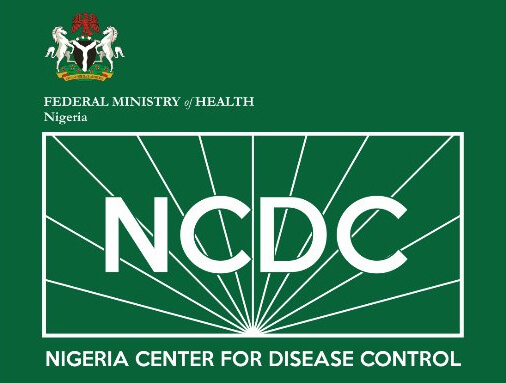In response to escalating cases of Cerebrospinal Meningitis (CSM) in Nigeria, health authorities have issued a comprehensive public health advisory. The advisory outlines the severity of CSM, an epidemic-prone disease, exacerbated by dry weather conditions and upper respiratory tract infections.
READ ALSO:Meningitis outbreak: Physicians advice Nigerians on preventive measures
In a statement signed by the Director General Nigeria Centre for Disease Control and Prevention (NCDC), Dr. Ifedayo Adetifa said the Northern region and selected southern states are identified as high-risk areas, with 2022/2023 statistics revealing 2765 suspected and 303 confirmed cases, resulting in 190 deaths across multiple localities.
“The highest burden of CSM in Nigeria occurs in the “Meningitis Belt” which includes all 19 states in the Northern region, the Federal Capital Territory (FCT), and some southern states such as Bayelsa, Cross River, Delta, Ekiti, Ogun, Ondo, Osun). In 2022/2023, Nigeria recorded 2765 suspected and 303 confirmned cases with 190 deaths across 140 Local Government Areas (LGAs) in 30 States including the Federal Capital Territory”. He said.
“The Federal Ministry of Health and Social Welfare, in collaboration with the Nigeria Centre for Disease Control and Prevention (NCDC), is actively engaged in preventing, detecting, and responding to CSM cases”. He added.
“The National CSM Technical Working Group (TWG) is at the forefront, monitoring disease trends and coordinating multi-sectoral preparedness and response efforts. Despite strides in surveillance and vaccination, CSM remains a persistent public health threat, demanding continued attention and resources”. He said.
Dr. Adetifa explained that to bolster CSM response, the NCDC and partners have implemented a range of measures.
“These include heightened surveillance, routine coordination meetings, regular communication with high-burden states, and the provision of support for daily reporting and response activities”. He added.
NCDC emphasises the importance of risk communication to raise public awareness, sample collection for laboratory diagnosis, and deployment of Rapid Response Teams to affected areas.
“The public health advisory details ongoing efforts, such as the deployment of Rapid Response Teams to investigate rising cases in Jigawa and Bauchi states. The collaborative approach involves State Governments, public health authorities, and the NCDC working in tandem to ensure a swift and effective response. This collaborative effort reflects a commitment to containing the spread of CSM and protecting communities at risk”. He added.
Understanding Cerebrospinal Meningitis
The advisory educates the public on CSM, emphasizing its inflammation of the meninges, the tissue covering the brain and spinal cord.
“Transmission occurs through person-to-person contact, and early symptoms include fever, headache, and neck stiffness. Those most at risk include young children, individuals in overcrowded households, smokers, and those with poor ventilation exposure”.
The NCDC DG advice public and healthcare workers to prevent infection and ensure early detection and treatment.
“The advisory concludes with practical health advice for the public and healthcare workers. Recommendations include vaccination, avoiding close contact with confirmed cases, preventing overcrowding, and practicing good respiratory and hand hygiene. Healthcare workers are urged to maintain infection control practices and report suspected cases promptly”.
The public is encouraged to seek immediate medical attention if symptoms arise and to avoid self-medication to prevent antimicrobial resistance.
“This comprehensive advisory underscores the collective effort required to combat CSM and protect public health”.


Comments are closed.